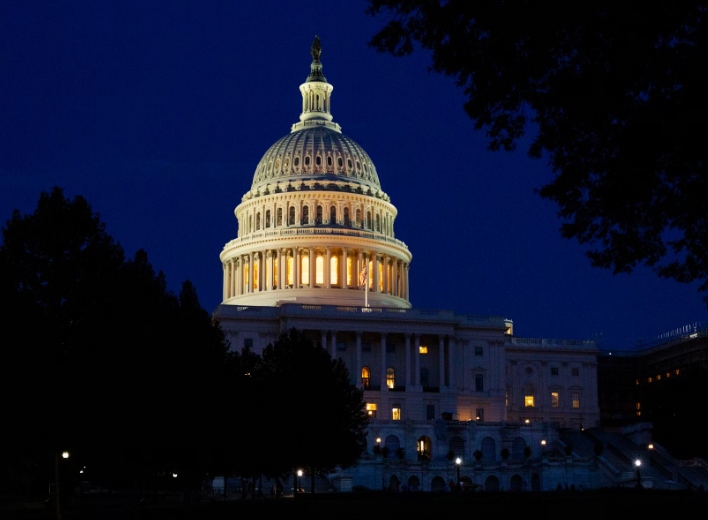In today’s world, where information can be easily manipulated or suppressed, the power of independent reporting cannot be overstated. Independent journalists and organizations play a crucial role in holding governments accountable for their actions, ensuring that human rights violations do not go unnoticed or unpunished. One such organization that has been at the forefront of this fight is Human Rights Watch (HRW).
Founded in 1978, HRW is a non-governmental organization dedicated to investigating and reporting on human rights abuses around the world. With offices in various countries and a team of expert researchers and advocates, HRW has become a global authority on human rights issues, providing accurate and unbiased information to the public, policymakers, and the media.
One of the essential aspects of HRW’s work is its independence from any government or political agenda. This autonomy enables the organization to fearlessly expose human rights abuses, regardless of the perpetrators’ power or influence. HRW’s credibility lies in its unwavering commitment to factual accuracy, rigorous research methodologies, and impartiality in reporting.
HRW’s investigations cover a wide range of human rights issues, including torture, arbitrary detention, freedom of expression, discrimination, and violations during armed conflicts. Its experts conduct on-the-ground research, interviewing victims, witnesses, and government officials, and collecting evidence to substantiate their claims. This meticulous approach ensures that HRW’s reports are reliable and can withstand scrutiny.
The impact of HRW’s independent reporting is far-reaching. By exposing human rights violations, HRW raises awareness among the international community and puts pressure on governments to address these issues. Its reports serve as valuable evidence for legal action, advocacy campaigns, and policy changes. HRW’s findings are often cited by media outlets worldwide, amplifying their impact and increasing public awareness.
One notable example of HRW’s work is its investigation into the Syrian government’s use of chemical weapons against its own citizens. In 2013, HRW published a comprehensive report detailing the use of sarin gas in several attacks. The report, based on extensive interviews and forensic evidence, provided undeniable proof of the Syrian government’s culpability. It prompted international condemnation and led to the United Nations’ establishment of a joint investigative mechanism to further investigate these crimes.
However, HRW’s work is not without challenges and controversy. Governments that violate human rights often try to discredit or undermine HRW’s findings to protect their reputation. They may label HRW as biased, claim that its reports are based on unreliable sources, or accuse the organization of having a hidden agenda. Such tactics are aimed at discrediting HRW’s work and reducing its impact.
Nonetheless, HRW remains undeterred, continuously refining its research methods and transparency practices to address these concerns. The organization is committed to acknowledging and rectifying any mistakes or inaccuracies in its reports promptly. This commitment to accountability strengthens HRW’s credibility and ensures that its work remains reliable and influential.
In conclusion, the power of independent reporting cannot be underestimated in the fight for human rights. Organizations like Human Rights Watch play a vital role in holding governments accountable for their actions, shedding light on human rights abuses, and advocating for justice. Through their impartial investigations and reports, they empower the public, policy-makers, and the media to take action and demand change. The work of HRW reminds us that an informed and vigilant society is essential to safeguarding human rights for all.





